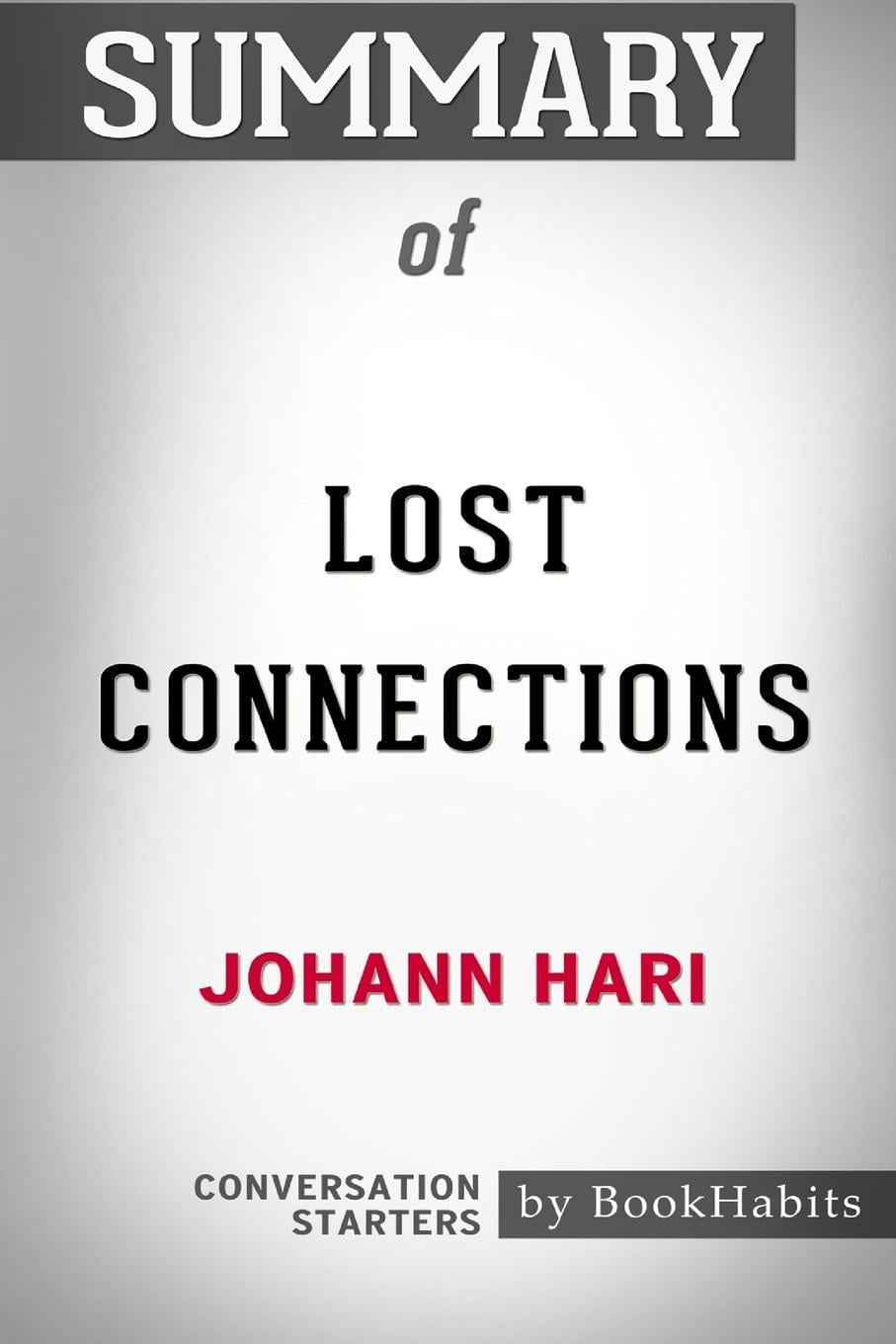

That’s despite how true the attention problem seems to many of us.


It’s not until more than halfway through the book, page 176, that Hari drops what should be a bombshell: “We don’t have any long-term studies tracking changes in people’s ability to focus over time.” In other words, he quietly admits that there isn’t really any strong scientific evidence for the main thesis of the book. Hari says that he and almost everyone around him feels this way, and describes a several-months-long “digital detox”, where he went to live in a small town on Cape Cod with no smartphone and no internet.īut that’s all anecdotal: does Hari actually present any evidence that shortening attention spans is a society-wide problem? There’s a study on how topics appear and disappear on Twitter more quickly now than a few years ago some research on how many distractions office workers experience and a dodgy-sounding but headline-ready statistic about how often we “touch our smartphones” each day (2,617 times, apparently). Which is frustrating, because the phenomenon Hari addresses - the feeling that, with so many distractions around in the modern, online-centric world, it’s harder than ever to focus - is one many of us experience. Hari’s third book, Stolen Focus: Why You Can’t Pay Attention, published yesterday, is not much better. More from this author Does depression exist? The neuroscientist Dean Burnett wrote an exasperated critique of an extract from Hari’s second book, Lost Connections, which asked “is everything you know about depression wrong?” Hari’s condemnatory attitude to anti-depressant drugs, for example, wasn’t exactly nuanced, and he made some truly bizarre (and bizarrely untrue) points - for example that, “if your baby dies at 10am, your doctor can diagnose you with a mental illness at 10.01am and start drugging you straight away”. Even though he posted audio clips of his interviews online (a concession born of the ethical lapses he’d previously committed), actually listening to the clips revealed that, in very many cases, he seemed to be misconstruing what his interviewees said. In his first, Chasing the Scream - in which he announced that “everything you know about addiction is wrong” - Hari hadn’t quite changed his ways. Unfortunately, the books are not, in fact, that good. On the back of all this support, and some heavy marketing, his books have been best-sellers. But what if his books really are that good? They must have done something to earn such laudatory quotations and blurbs from varied luminaries including Hillary Clinton, Elton John, Russell Brand, George Monbiot, Glenn Greenwald and Tucker Carlson.


 0 kommentar(er)
0 kommentar(er)
